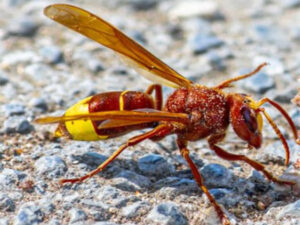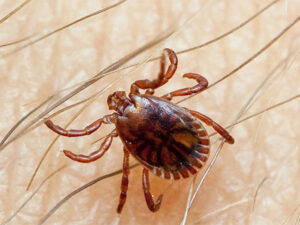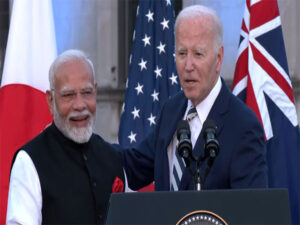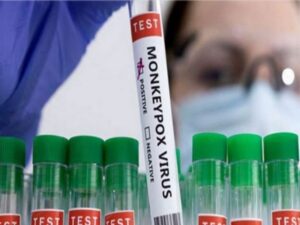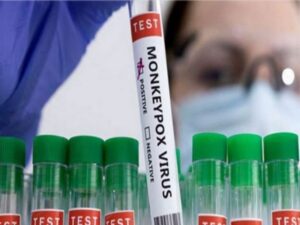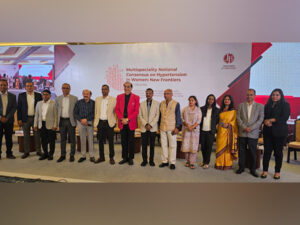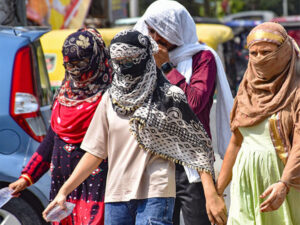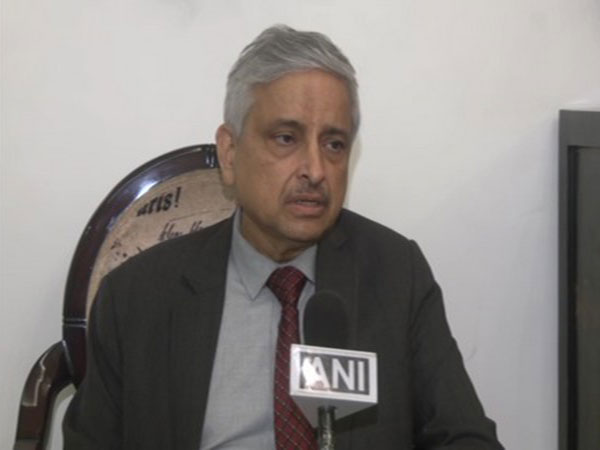
New Delhi [India], December 23 (ANI): Former AIIMS director and senior pulmonologist, Dr Randeep Guleria said that the new subvariant of COVID is not causing severe infections and hospitalisation.
“It is more transmissible, it is spreading more rapidly, and it is gradually becoming a dominant variant. It is causing more infections but the data also suggests that it is not causing severe infections or hospitalisations. Most of the symptoms are predominantly in the upper airways, like fever, cough, cold, sore throat, running nose and body aches,” Dr Guleria said.
Earlier in the day, India SARS-CoV-2 Genomics Consortium (INSACOG) chief Dr NK Arora said that no additional dose of vaccine is needed against the subvariant at present. Speaking to ANI about the current situation in the country, Dr Arora said, “I would say prevention is required for all those who are 60 years of age or older, who are likely to have comorbidities and those who are on drugs that suppress our immunity, like cancer patients. If they have not taken precaution so far, then they are advised to take precaution; otherwise, there is no need for any additional doses.”
The INSACOG chief asserted that various subvariants of Omicron have been reported but none of them have increased severity. He reiterated the fact that there is no need for panic but that it requires vigilance. “I would like to assure everybody that we need to be vigilant, but not panicky at all,” he added. A multifold spurt in fresh COVID cases was noted in India over the past 24 hours, with Kerala contributing the majority of those. A total of 423 cases were reported, of which 266 were from Kerala and 70 from neighbouring Karnataka, Union health ministry data showed.
Two deaths were reported in Kerala.
The total number of active cases of Covid-19 in the country was recorded at 3,420. The World Health Organization (WHO) recently classified JN.1 as a variant of interest, distinct from its parent lineage BA.2.86. However, the global health body emphasised that the overall risk posed by JN.1 remains low based on current evidence.
Due to its rapidly increasing spread, WHO is classifying the variant JN.1 as a separate variant of interest (VOI) from the parent lineage BA.2.86. It was previously classified as VOI as part of BA.2.86 sublineages. Based on the available evidence, the additional global public health risk posed by JN.1 is currently evaluated as low. Despite this, with the onset of winter in the Northern Hemisphere, JN.1 could increase the burden of respiratory infections in many countries.
The WHO had earlier said it was continuously monitoring the evidence and would update the JN.1 risk evaluation as needed. The WHO advises people to take measures to prevent infections and severe disease using all available tools. These include wearing a mask when in crowded, enclosed, or poorly ventilated areas, keeping a safe distance from others, practicing respiratory etiquette (covering coughs and sneezes), cleaning hands regularly, and getting tested if one has any symptoms or if you might have been exposed to someone with COVID-19 or influenza. (ANI)
“Consulting higher authorities to clarify kind of variant”: Warangal Hospital on woman suspected to be infected with JN.1
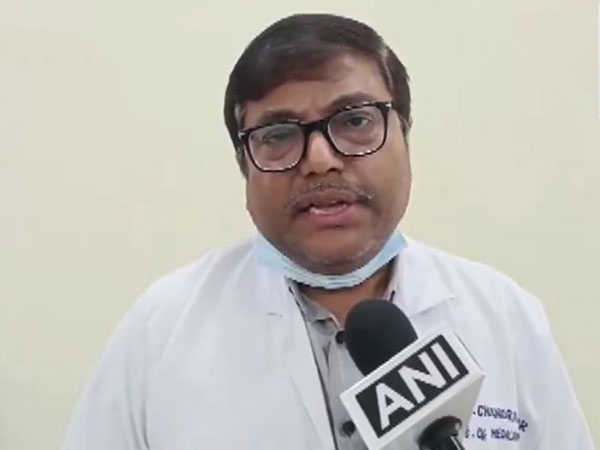
Warangal (Telangana) [India], December 24 (ANI): A 62-year-old woman was isolated at Mahama Gandhi Memorial Hospital in Telangana after incidentally developing COVID-19 symptoms, JN.1 variant to be confirmed after genome sequencing, said Superintendent, MGM Hospital V Chandrashekar on Saturday.
“The news going around is that cases of Covid-19 new variant JN.1 are admitted in MGM Hospital, Warangal so I want to clarify certain things because one 62-year-old woman got admitted to MGM Hospital. Incidentally, a private lab has declared her COVID-19 positive, we have isolated that patient and that is the first suspected case that came to the MGM hospital. We have taken a CT scan, so incidentally she has developed a COVID-19 positive and we are not sure that this COVID-19 positive is of the current variant JN.1 because it needs to be confirmed by genome sequencing,” V Chandrashekar said.
He further said that the hospital has preserved the sample and is consulting higher authorities to clarify the kind of variant. “Some of the samples from Hyderabad are tested by Genome sequencing and the results are yet to come. Standard protocols are there for the treatment of COVID-19 cases,” he added.
Meanwhile, after a surge in the cases of the new COVID subvariant JN.1, doctors from the All India Institute of Medical Sciences (AIIMS) have advised people to not panic but rather remain alert and vigilant.
“People are getting infected by the new sub-variant of COVID-JN.1 in many states of the country. The symptoms of the patients are mild. Therefore, there is no need to panic but the need to remain alert,” Doctor Neeraj Nischal said.
A multifold spurt in fresh COVID cases was noted in India over the past 24 hours, with Kerala contributing the major chunk of those. The total number of active cases of Covid-19 in the country was recorded at 3,420.
Meanwhile, amid rising concerns over the emergence of the new variant of the coronavirus, former World Health Organisation (WHO) chief scientist Dr Soumya Swaminathan asserted that there is no need to panic currently as it is a variant of interest and not of concern. However, she urged people to be cautious by taking proper precautionary measures.
Speaking to ANI exclusively, Dr Soumya Swaminathan, former DG, of the Indian Council of Medical Research (ICMR) said, “We need to be cautious, but we don’t need to worry because we don’t have any data to suggest that this variant JN.1 is more severe or it’s going to cause more pneumonia, more death.”
The World Health Organization (WHO) recently classified JN.1 as a variant of interest, distinct from its parent lineage BA.2.86. However, the global health body emphasised that the overall risk posed by JN.1 remains low based on current evidence. (ANI)






